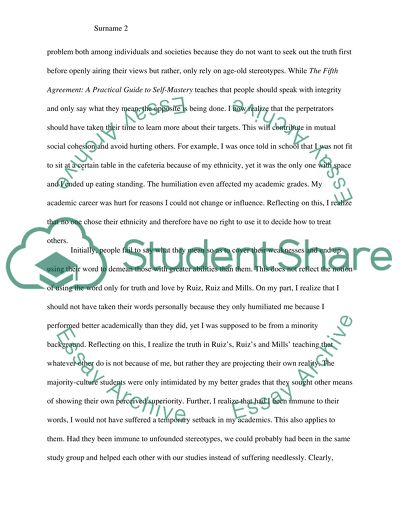Cite this document
(We Need to Be Real and Say What We Actually Mean Research Paper, n.d.)
We Need to Be Real and Say What We Actually Mean Research Paper. Retrieved from https://studentshare.org/philosophy/1678295-what-you-want
We Need to Be Real and Say What We Actually Mean Research Paper. Retrieved from https://studentshare.org/philosophy/1678295-what-you-want
(We Need to Be Real and Say What We Actually Mean Research Paper)
We Need to Be Real and Say What We Actually Mean Research Paper. https://studentshare.org/philosophy/1678295-what-you-want.
We Need to Be Real and Say What We Actually Mean Research Paper. https://studentshare.org/philosophy/1678295-what-you-want.
“We Need to Be Real and Say What We Actually Mean Research Paper”, n.d. https://studentshare.org/philosophy/1678295-what-you-want.


